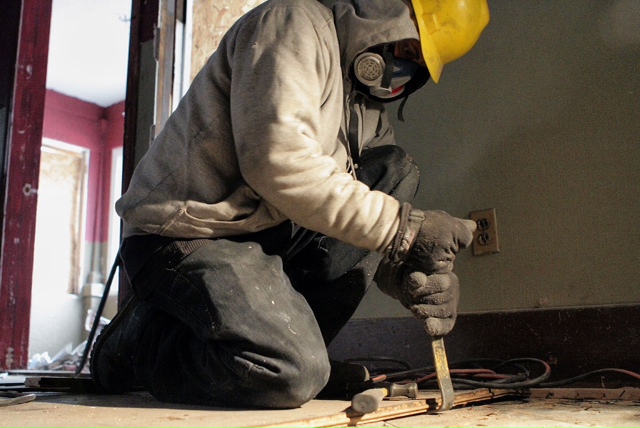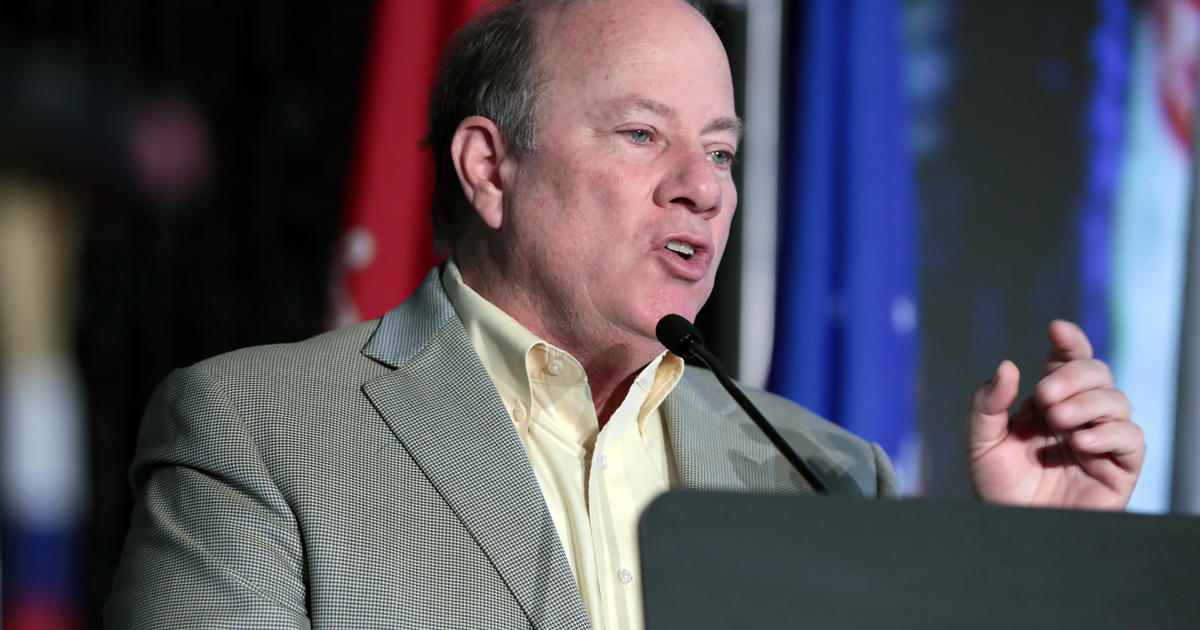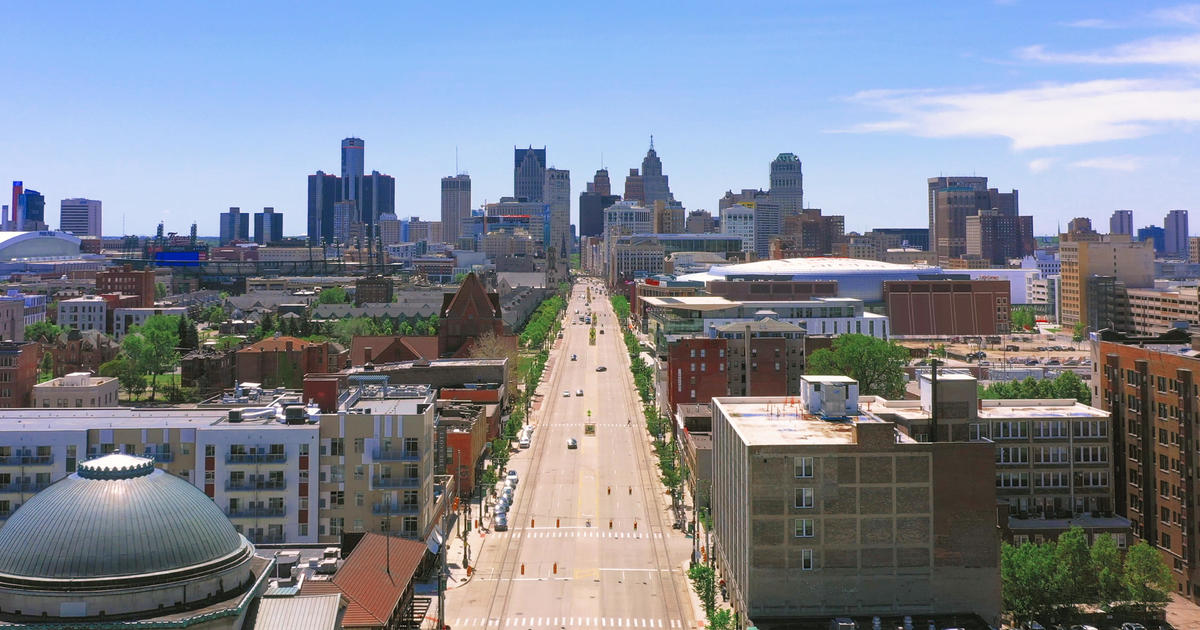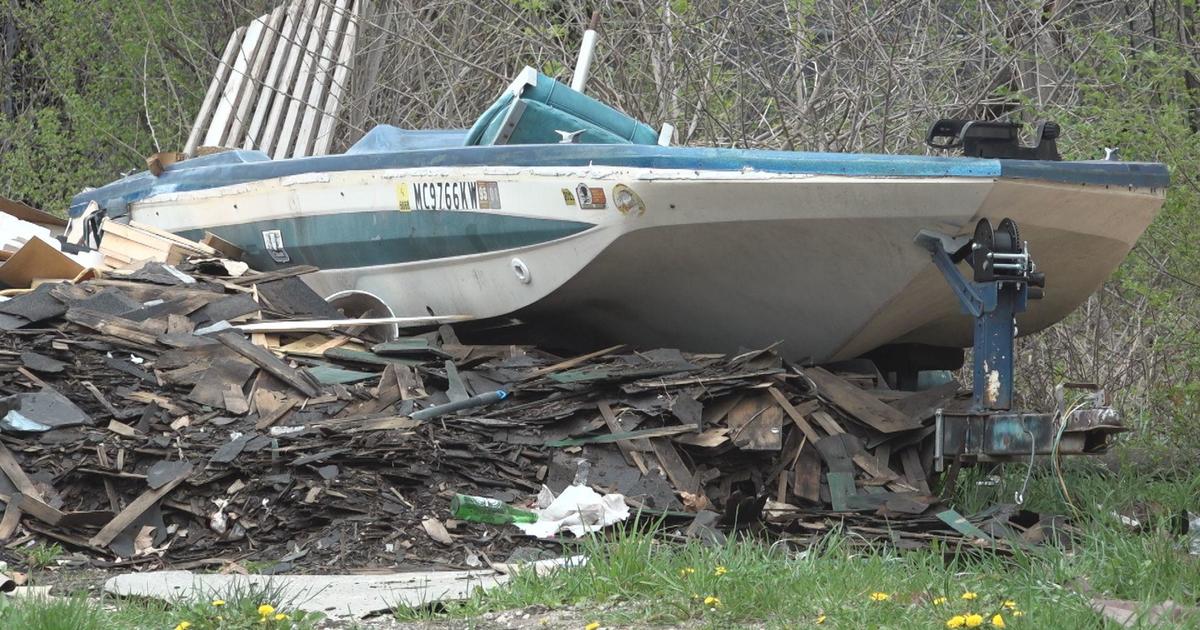Project Aims To Deconstruct Detroit Houses In An Environmentally Safe Way
DETROIT (WWJ) Ridding Detroit of thousands of burned-out and dilapidated structures is an ongoing issue in the city struggling for a comeback.
 And there's a pilot project under way to figure out if there's a way to do it in a way that gets jobs, adds value and does no environmental damage.
And there's a pilot project under way to figure out if there's a way to do it in a way that gets jobs, adds value and does no environmental damage.
Using 10 abandoned houses as a case study, a pilot project in Detroit's Springwells Village is under way to evaluate the environmental effects and cost-worthiness of using partial deconstruction as a way of eliminating dangerous structures in Detroit.
Partial deconstruction means tearing down portions of structures to salvage materials prior to demolition. It's being studied in Springwell Village, a neighborhood in southwest Detroit near the Ford Motor River Rouge Plant. Part of the area was designated in 2002 as a national historic district.
"Existing deconstruction data examines deconstructing healthy structures, this pilot project will capture Detroit-specific metrics so we will be able to quantify if partial deconstruction practices can become a viable option to remove blight, create jobs and improve the environment," said Dan Kinkead, director of the Detroit Future City Implementation Office, in a press release.
The project is being spearheaded by Detroit Future City and NextEnergy, both local non-profits. NextEnergy program manager Erin Kelly says the outcomes from this project will be poised to mobilize other projects that wish to demolish the deconstructed way.
"If partial deconstruction proves to be a sustainable practice for reducing blight, we will work with our partners to determine how we can scale-up deconstruction activities across Detroit," Kinkead said in a press release.
Following deconstruction of the homes in Springwells, demolition takes place and the ultimate goal is to return the land to someone who is vested in the neighborhood, hopefully to bring back some life.
"The idea is that if there is a process in motion that is creating vacant land that the vacant land be returned to someone who's invested in the area rather than putting the burden on the city, the county or the state," Kelly said.



